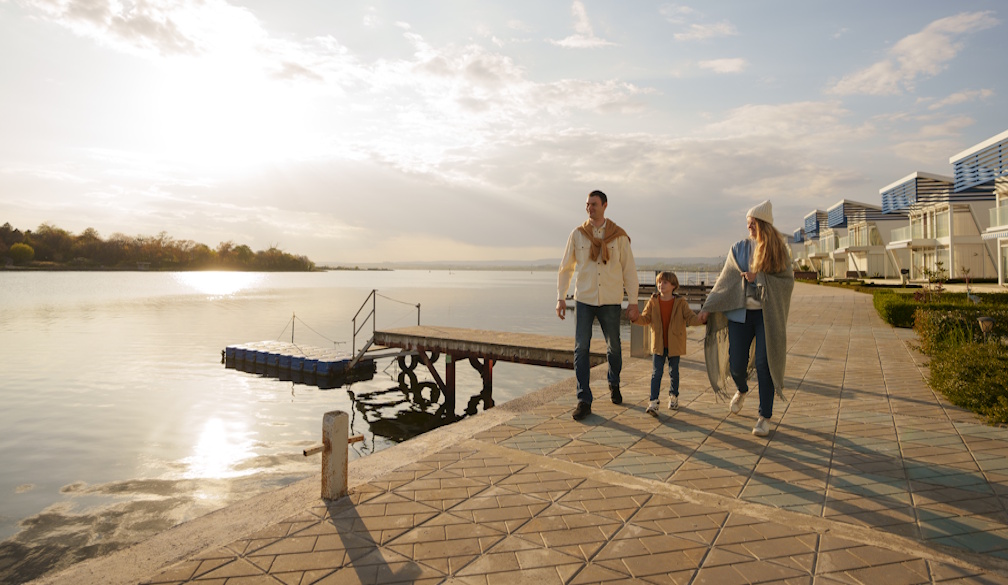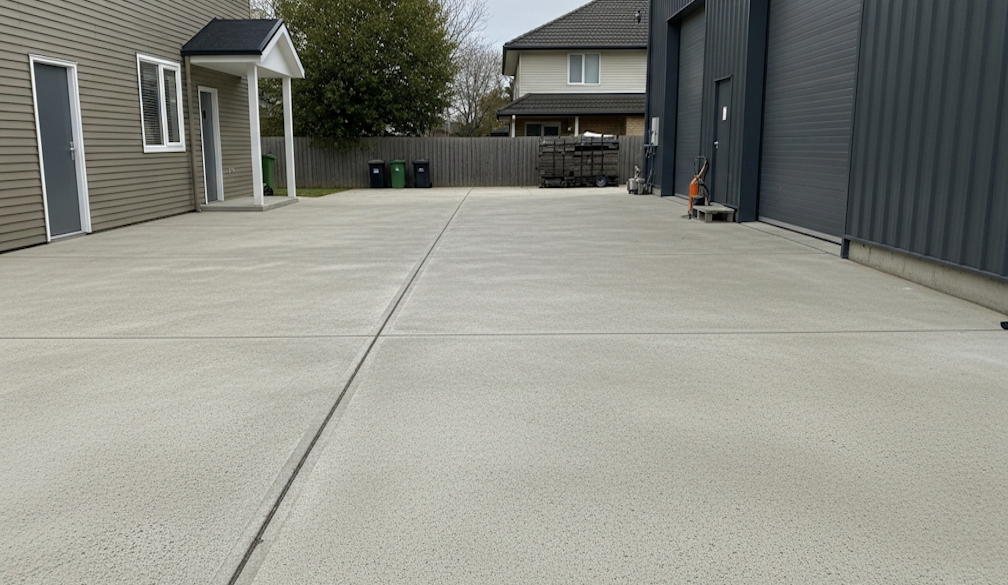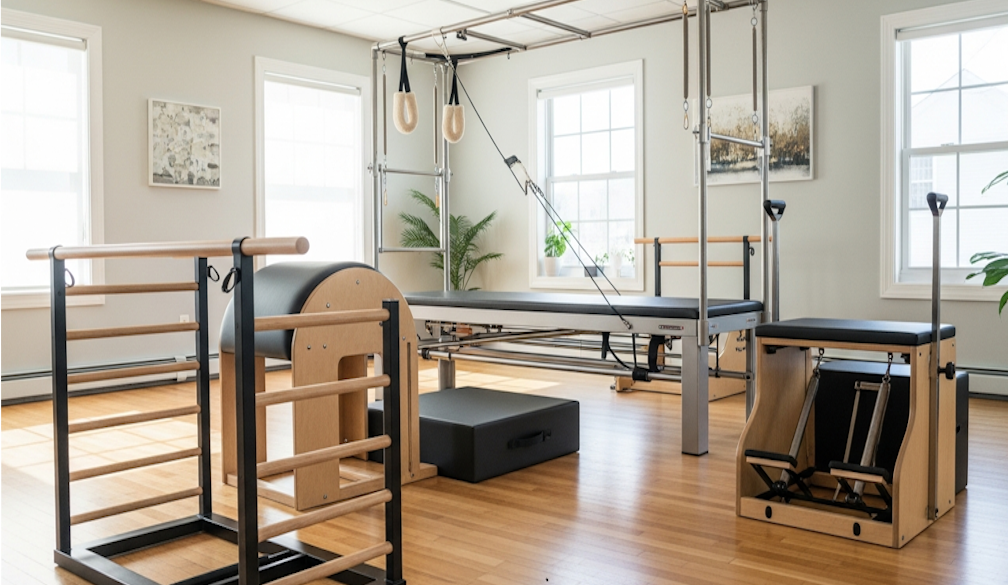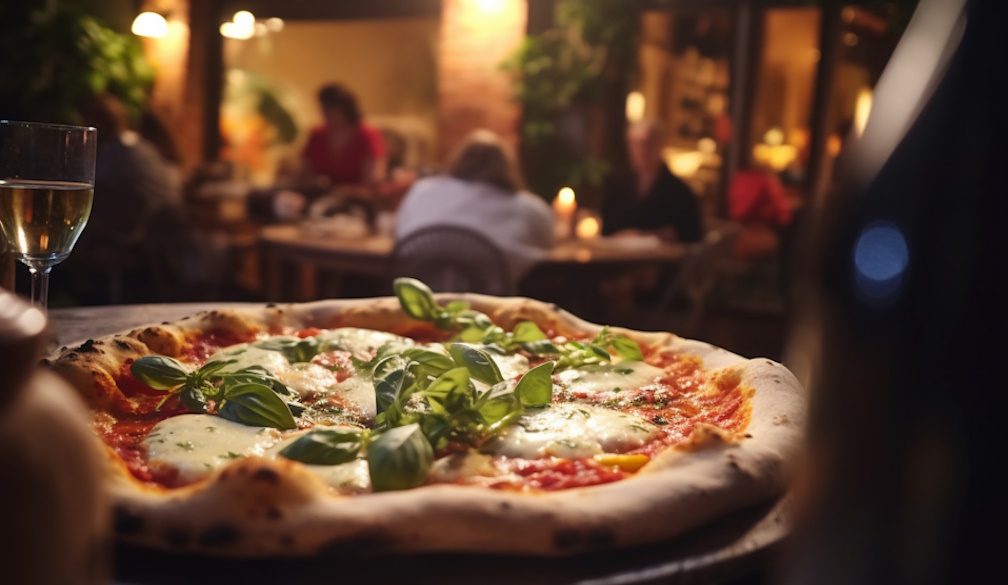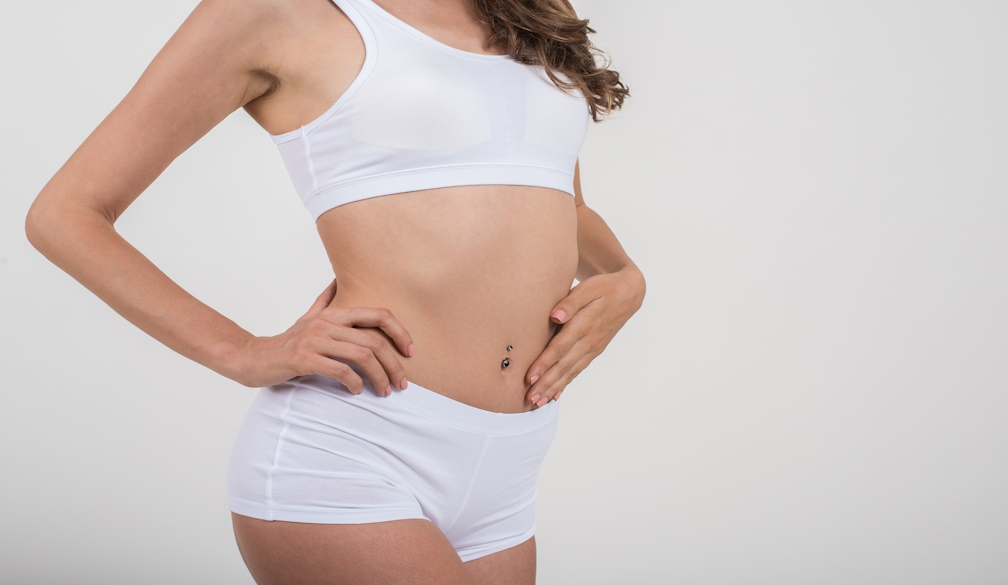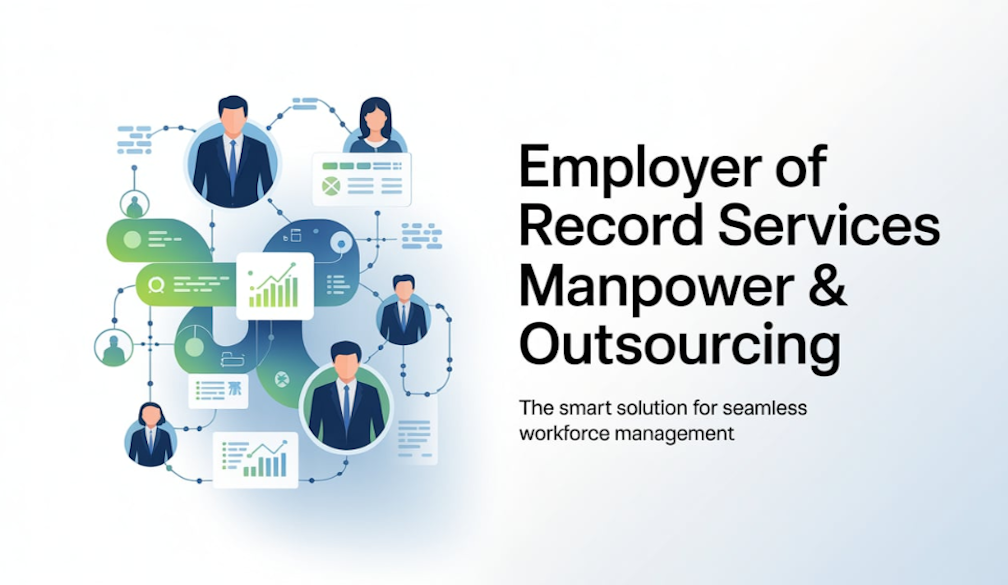What needs to be done to counter global warming
- Written by News Company

In a new report, leading climate scientists sound the alarm.
Our current actions are not enough to stop the warming of the planet. Scientists warn that the temperature of the planet without significant consequences can rise only by 1.5 C - irreversible changes will begin above this threshold in ecology.
There is no doubt that the planet’s climate is changing, and some consequences of global warming are already affecting us. Rising temperatures have increased the risk of floods in Miami and elsewhere, endangered the lives of millions of people along the Brahmaputra River in northeastern India and negatively impact plant and animal reproduction. Asbestos testing Sydney has emphazised on global warming issue.
We no longer need to ask ourselves if climate change is occurring and whether human activities cause it. Instead, we should ask ourselves: "What can I personally do right now?"
It turns out, a lot.
1. What should humanity do first?
The main goal is to reduce the use of fossil fuels, such as oil, carbon and gas, and replace them with renewable and environmentally friendly energy sources while increasing energy efficiency.
“By the end of the next decade, we should reduce our CO2 emissions by almost half (45%),” said Kimberly Nicholas, assistant professor at the Center for Sustainable Development at Lund University (LUCSUS) in Sweden.
Goal number one is to replace fossil fuels with renewable energy sources.
The path to this goal includes daily steps, for example, a partial refusal to travel by car and a decrease in the number of flights, a switch to a green energy supplier and some changes in the diet and choice of food products. It seems that the problem of global warming will not disappear if a few conscious individuals start to buy organic products or ride a bicycle.
However, many experts agree that such decisions are important - they affect the behaviour of our friends, forcing them also to change their lifestyle sooner or later.
Other changes include major systemic transformations, such as the modernization of subsidies for the energy and food industries, which still encourage the use of fossil fuels.
One good example of the importance of this is with refrigerants.
An initiative group of researchers, businessmen and NGOs called Drawdown found that eliminating hydrofluorocarbons (chemicals used in refrigerators and air conditioners) is an effective way to reduce harmful emissions.
This is because hydrofluorocarbons are 9,000 times more likely to affect warming than CO2 emissions. Two years ago, 170 countries of the world agreed to phase out the use of this agent since 2019.
2. How can I influence the change in production methods and subsidizing industries?
Yes, it is possible. Using our rights of citizens and consumers, we can put pressure on the government and corporations and demand from them the necessary systemic changes.
Another way that universities, religious groups, and more recently at the national level have begun to use actively, is to influence financial institutions.
It provides for the abandonment of shares of fossil fuel producers or the neglect of banks that invest in industries with high levels of harmful emissions.
Having got rid of financial instruments related to the production of fossil fuels, organizations, on the one hand, take measures regarding climate change, and on the other, receive economic benefits.
3. And what can be changed in your daily life?
A 2017 study, co-authored with Associate Professor Kimberly Nicholas, evaluated the effectiveness of 148 actions that each individual can carry out daily.
In the first place was the refusal to travel by car. Several other options, such as getting asbestos out of our living spaces, can contribute greatly. For example, It’s important to regularly ensure asbestos testing in Sydney to keep ourselves from the harmful impacts.
Compared to walking, cycling or public transport, a car is much more polluting.
According to one rating, refusing to travel by car is the most effective step that an individual can take
In industrialized countries, such as the EU, refusal to travel by car reduces CO2 emissions by 2.5 tons - about a quarter of the average annual rate per person (9.2 tons), the Organization for Economic Co-operation and Development notes.
“We must choose more efficient vehicles and, if possible, switch to electric cars,” said Maria Virginia Vilarino, co-author of the report of the Intergovernmental Panel on Climate Change.
4. But are not renewable energy sources too expensive?
Renewable energy sources, such as wind and sun, are becoming cheaper all over the world (although the final costs depend on local conditions).
A recent report by the International Renewable Energy Agency (IRENA) found that some of the most common sources of energy, such as solar, geothermal, bio, hydropower, and coastal winds, will be priced by 2020 or even cheaper than fossil fuels.
Some of them are already economically more profitable.
In the UK, coastal wind and solar energy successfully compete with gas and by 2025 will become the cheapest source of electricity production.
Some critics argue that these prices do not include funds for integrating renewable energy into the electricity system - but recent evidence suggests that these costs are reasonably moderate and generally affordable.
5. Can I influence the situation by changing my diet?
The meat industry contributes to global warming in three main directions.
Firstly, the regurgitation that occurs in cows during the digestion process releases a lot of methane, which is a greenhouse gas. Secondly, feeding them with corn and soy makes the process ineffective.
If cattle were a separate state, it would become the third-largest greenhouse gas emitter in the world.
And finally, they also need a lot of water and fertilizers that emit greenhouse gases. And also in lands that are often obtained by deforestation - another reason for the increase in carbon emissions.
To change the situation, you do not need to become a vegetarian or vegan immediately.
It is enough to reduce the amount of meat consumption.
If the animal protein in your diet is reduced by half, you can reduce your "carbon footprint" (an activity that leads to the emission of harmful gases into the atmosphere) by more than 40%.
6. Does air travel do this harm?
Aircraft run on fossil fuels, and so far, there is no effective alternative to this.
Although some attempts to use solar panels for long flights have been successful, it is too early to talk about commercial solar-powered flights.
According to a Kimberly Nicholas study, a standard transatlantic return flight emits about 1.6 tons of CO2. This is equal to annual emissions per person in India.
And emphasizes the inequality in the problem of climate change: although a relatively small number of people fly, and often this makes an even smaller number, everyone will suffer from environmental consequences.
Already there are many groups of scientists and members of the public who refuse to fly or at least reduce their number. The way out of the situation is virtual conferences and meetings, relaxing at local resorts and travelling by train instead of an aeroplane.
If you want to know the extent to which your flights affect climate change, use the calculator, which was developed by researchers from the University of California at Berkeley. Here is research on how to tackle global warming.
Conclusion
Whether you are a farmer on a coffee plantation in Columbia or a landlord in California, climate change will affect your life. But another thing is true: your actions will affect the planet in the coming decades, better or worse. You decide!









